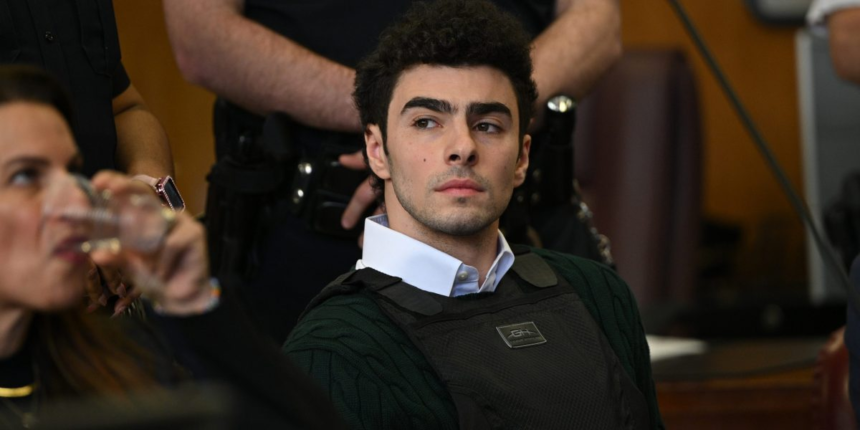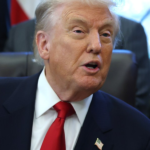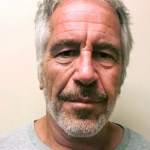Also to be decided: a trial date and whether the state case or federal case will go first.
Prosecutors want the judge to force Mangione’s lawyers to state whether they’ll pursue an insanity defense or introduce psychiatric evidence of any mental disease or defect he may have.
Carro could rule on those requests on Tuesday, schedule additional hearings or issue written decisions at a later date.
Mangione was arrested five days later after he was spotted eating breakfast at a McDonald’s in Altoona, Pennsylvania, about 230 miles (about 370 kilometers) west of New York City. Since then, he has been held at the same Brooklyn federal jail where Sean “Diddy” Combs is locked up.
The Manhattan district attorney’s office contends that there are no double jeopardy issues because neither of Mangione’s cases has gone to trial and because the state and federal prosecutions involve different legal theories.
Mangione’s lawyers say the dueling cases have created a “legal quagmire” that makes it “legally and logistically impossible to defend against them simultaneously.”
The state charges, which carry a maximum of life in prison, allege that Mangione wanted to “intimidate or coerce a civilian population,” that is, insurance employees and investors. The federal charges allege that Mangione stalked Thompson and do not involve terrorism allegations.
U.S. Attorney General Pam Bondi announced in April that she was directing federal prosecutors to seek the death penalty for “an act of political violence” and a “premeditated, cold-blooded assassination that shocked America.”
The Manhattan district attorney’s office quoted extensively from Mangione’s handwritten diary in a court filing seeking to uphold his state murder charges. They highlighted his desire to kill an insurance honcho and his praise for Ted Kaczynski, the late terrorist known as the Unabomber.
In the writings, prosecutors said, Mangione mused about rebelling against “the deadly, greed fueled health insurance cartel” and said killing an industry executive “conveys a greedy bastard that had it coming.” They also cited a confession they say he penned “To the feds,” in which he wrote that “it had to be done.”
Mangione’s “intentions were obvious from his acts, but his writings serve to make those intentions explicit,” prosecutors said in the June filing. The writings, which they sometimes described as a manifesto, “convey one clear message: that the murder of Brian Thompson was intended to bring about revolutionary change to the healthcare industry.”









